Evergreen Blog Posts: Content Ideas, Examples, and Tips

Evergreen content is an open secret to running a successful blog. It's the core of a solid, long-lasting strategy. It's how some blogs can thrive while posting once a month, while others fail despite posting every day.
What is Evergreen Content?
In the world of content marketing, you can divide all content up into two categories: deciduous and evergreen.
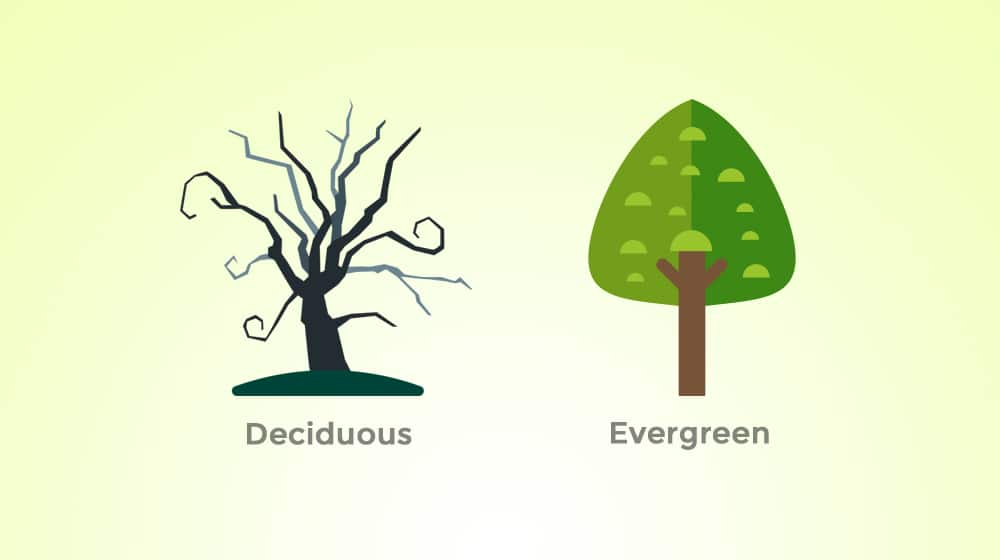
The terms come from trees. Evergreen trees are just that; green as long as they live. Pines and spruces are the most obvious examples. Deciduous trees, meanwhile, live in green for a short time, before shedding their leaves and hibernating.
Deciduous content is content that is only relevant for a short time. Sometimes that content comes back into relevance on an annual cycle, but most of the time, it has a few weeks or a few months of value before it essentially dies. In a way, you can think of it more like perennial flowers; they grow once, they flower, and they die, leaving room for the next generation.
Evergreen content is different. Evergreen content starts strong, and it grows forever, or at least as long as you're willing to keep putting effort into it. Evergreen content is always relevant, either because it's a timeless subject, or because the author keeps it up to date as a resource. It's always relevant, it's always attractive, and most importantly, there will always be people searching for it.
Examples of Great Evergreen Content
It's easiest to showcase what evergreen content is by showing you examples. These examples come from a variety of websites and brands, and a range of different topics, but they all have one thing in common: they're valuable. Despite potential years since they were initially written, they're still top-tier resources.
Moz's Google Algorithm Update History – This is a huge reference article with every single major (and most minor) Google algorithm update since the year 2000.
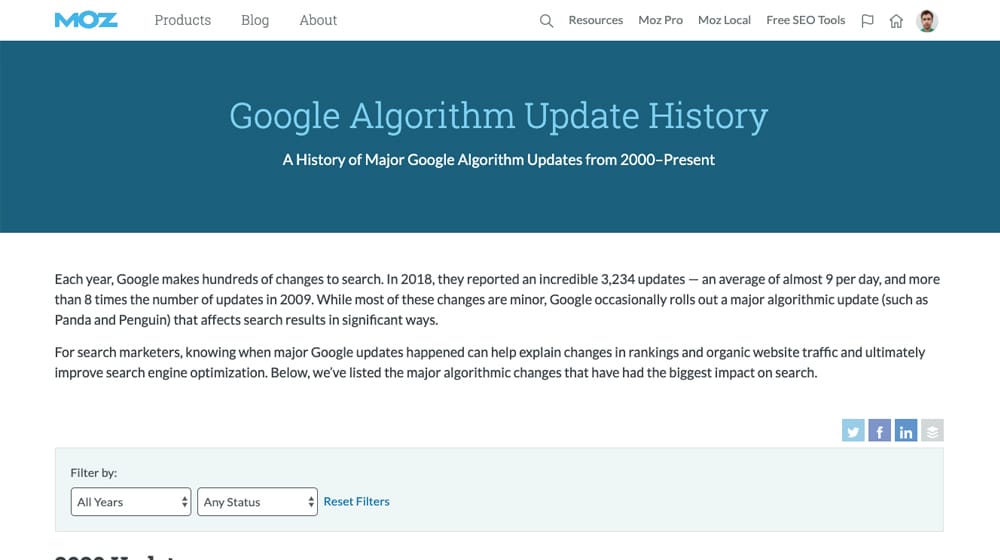
It lists the update, documentation about the update, whether or not the update was officially confirmed or just noticed based on data, and any important articles written about the update.
This is evergreen because Google changing their algorithm will be important for as long as Google exists. The reference document contains both relevant modern information and historical information if you're looking for something that happened years ago.
Backlinko's List of Google Ranking Factors – Another SEO-focused evergreen post, you've probably heard of this one before if for no other reason than that I use it as an example all the time.
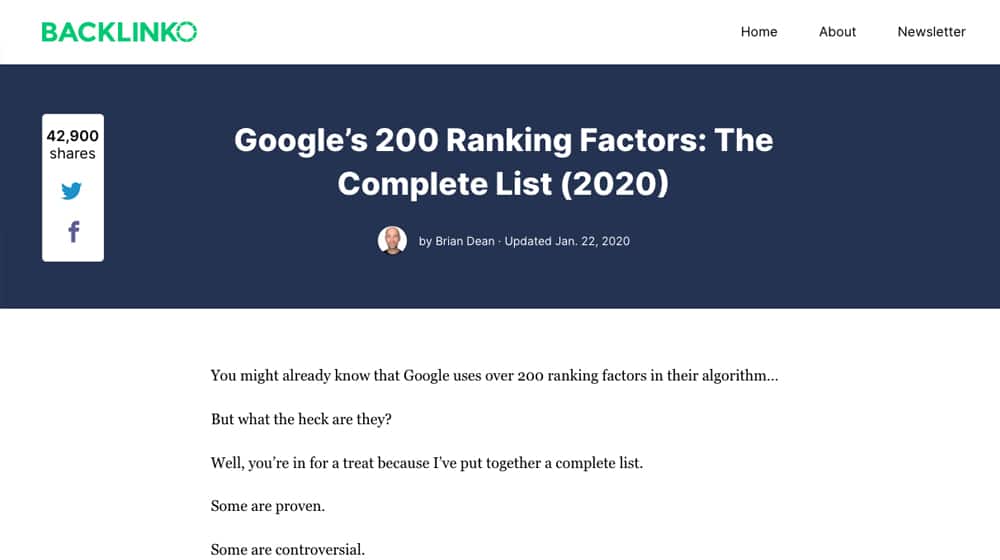
This article is a complete rundown of every possible factor that could go into Google's algorithm. It has a simple description for each (examples as necessary), links to further reading, and sources that prove certain factors exist, are relevant, or are confirmed to be part of the algorithm. All in all, it's an excellent resource that has been updated and maintained for years.
Hardware Revolution – Kind of cheating a bit here, but basically every piece of content on Hardware Revolution is an evergreen guide.
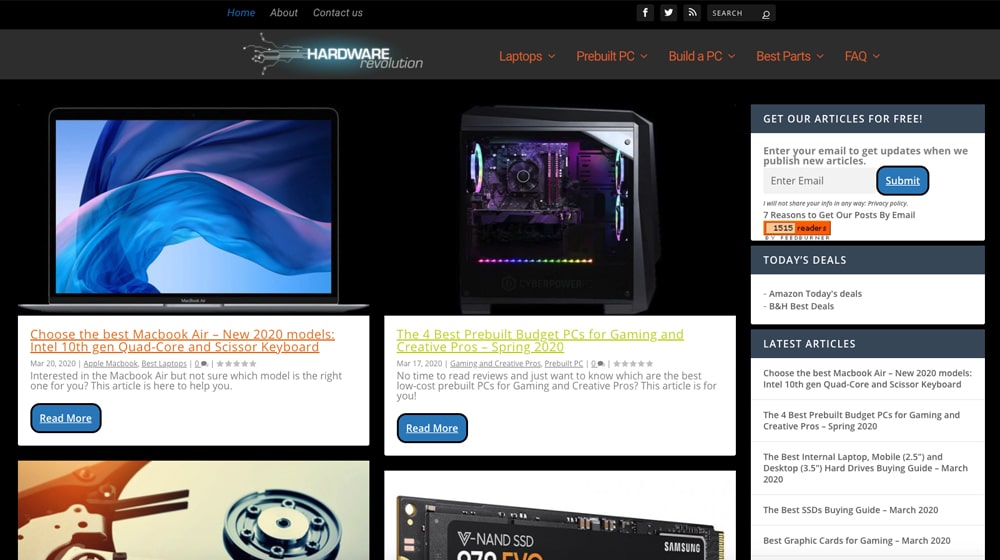
They keep all of their general guides up to date monthly, with PC buying information ranging from the best graphics cards for the money to the best PC part selections for a given budget, and more. It's an incredible resource for anyone looking to buy or build a computer because they focus on the evergreen value of their content; it's always relevant, it's always up to date, and it's always useful to the people who find it.
What Makes Content Evergreen?
How can you go about making your own evergreen content? Well, you need to know what goes into it in the first place. In my experience, evergreen content can be boiled down to a few key qualities.
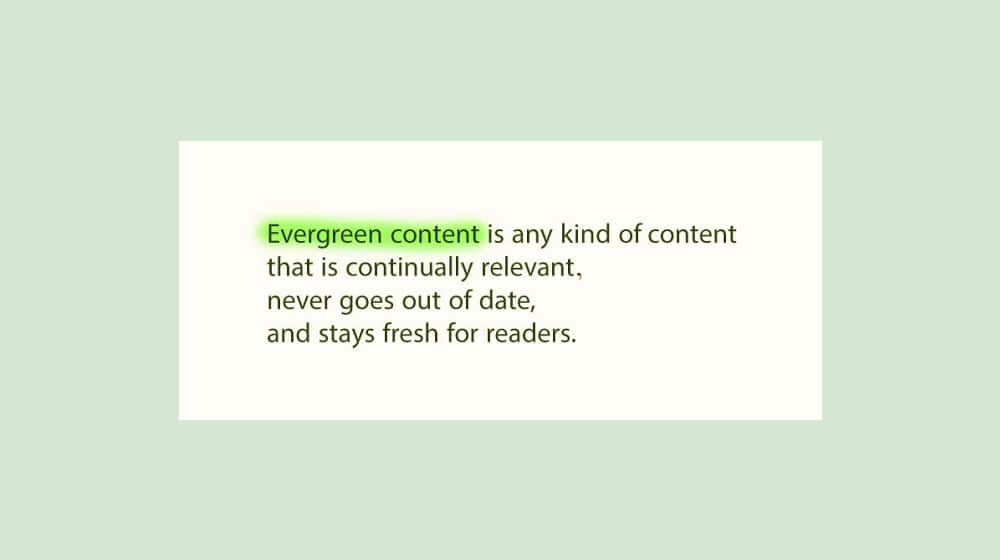
Eternal relevance. All evergreen content shares this quality. The topic of the evergreen content is relevant now, and it will be relevant for years to come, if not forever. Writing about the iPhone 7 was relevant for a few months or a year or so surrounding when the phone was released, but it's not evergreen. Writing about the history of the iPhone can be much more evergreen, particularly if – like the Moz history above – it's kept up to date on an ongoing basis.
Keyword focus. Normally with content marketing, we focus on long-tail keywords. They're great for standard content because they split the difference between traffic and competition. With evergreen content, you can often focus on more high-end keywords. You're not looking for a one-and-done flash of value, you're looking to become a major player in the conversation around that topic, so you can target broad.
User value. At the end of the day, every piece of successful evergreen content is successful because the user finds value in it. Whether it's a tutorial, a buying guide, or a reference document, the user is looking for something and gets what they came for.
This is why most evergreen content either tends to cover a broad subject – like the complete history of Google algorithm updates – or an action-oriented subject like a tutorial.
The Great List of Evergreen Content Ideas
Now that you have a rough idea of how to make evergreen content, let's get some content ideas out here. These will be divided generally by category, and you can use them as a starting point to spin off your own ideas as well.
How to Use X – The simplest form of an evergreen guide is the usage guide. Anything from "how to use a lawnmower" to "how to use BuzzSumo" can work just fine as an evergreen guide. There are two keys to doing this successfully. First, you need to verify that your instructions are accurate. Second, you need to keep those instructions accurate as the situation changes. If you're producing a usage guide for a particularly old lawnmower model, it won't change. If you're producing a usage guide for a modern SaaS platform, keep it up to date for changes in the platform.
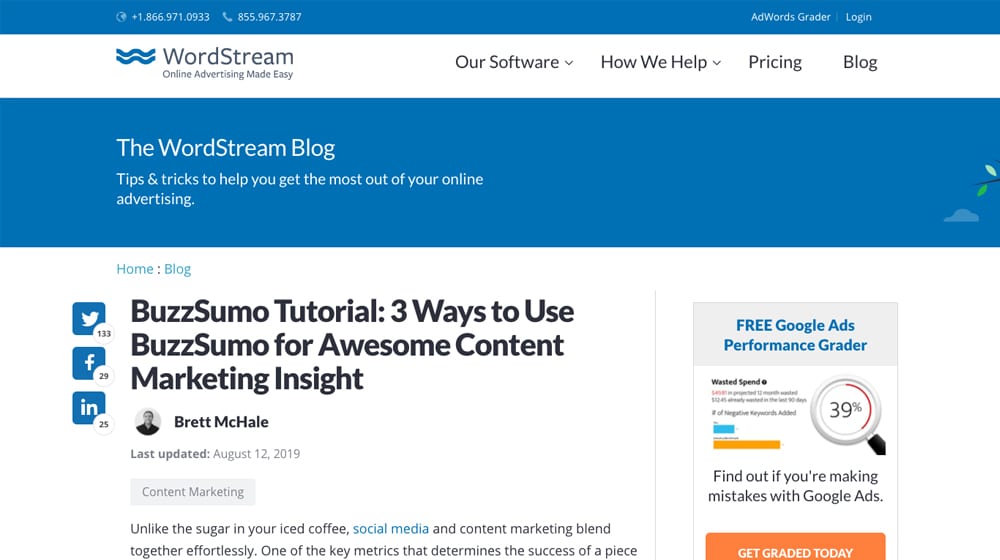
How to Do X – A usage guide is one thing, but there are millions of people out there looking for DIY guides for completing tasks. For every article about how millennials don't know how to do X, there's an opportunity for you to teach an audience how to do it. Everyone has to learn somewhere, and not everyone has attentive parents or teachers willing to instruct them.
How to Choose X – Picking between a range of possible products or options is a hard task at the best of times. Add in all the people hyping up bad products for affiliate sales and everyone paying for positive reviews, and it becomes extremely difficult to trust a choice. If you can build trust and create an in-depth, unbiased review and comparison guide (like Hardware Revolution above), you have a great position to be that authority people reference.
The Beginner's Guide to X – Everyone has to get their start somewhere, and in many hobbies, industries, and niches, they turn to online resources first. Creating a beginner's guide to a given subject is a great way to produce a piece of evergreen content.
The Advanced Guide to X – Everyone and their mother creates beginner guides at some point. It's great, sure, beginners need to start somewhere, but what about the people who already know the basics? Making an intermediate or advanced-level guide to something, particularly if you're building on top of an existing beginner's guide, can go a long way towards capturing a long-term audience.

The Buyer's Guide – A buyer's guide isn't exactly the same as a "how to choose" guide. How to choose implies comparisons between a handful of specific products. A buyer's guide can ignore recommending products at all, and just go over a list of what to look for. For example, a guide on picking out a leather jacket could talk about vintage, stitching quality, leather feel, and so on. It doesn't have to recommend a manufacturer or brand at al
The F.A.Q. – Every industry has frequently asked questions, and putting together a good FAQ allows you to use it as an industry resource. Whenever you get more than a couple of customers asking a question, add it to the FAQ. Sure, a lot of people aren't going to read the FAQ before asking, but hey; many will.
The Industry Glossary – Every industry is full of jargon. Learning what all those terms and acronyms mean is a huge barrier to entry for a lot of people. Putting together a niche-based glossary allows you to capture all of the traffic from people searching "what does X mean?" This is a great example of a glossary from 2017 that's still relevant today.
The Best Practices Guide – When a beginner's guide won't do, and an advanced guide isn't necessary, sometimes people just want a set of guidelines that tell them what to do and what not to do. A "best practices" guide for a particular subject can be an excellent way to draw in more traffic and inform your readers.
The Comparison Guide – A comparison guide is similar to a buyer's guide or to a product guide, but is directly comparing two particular products. Many brands make them for themselves to compare to their competition, but you can also just compare two products in your industry.
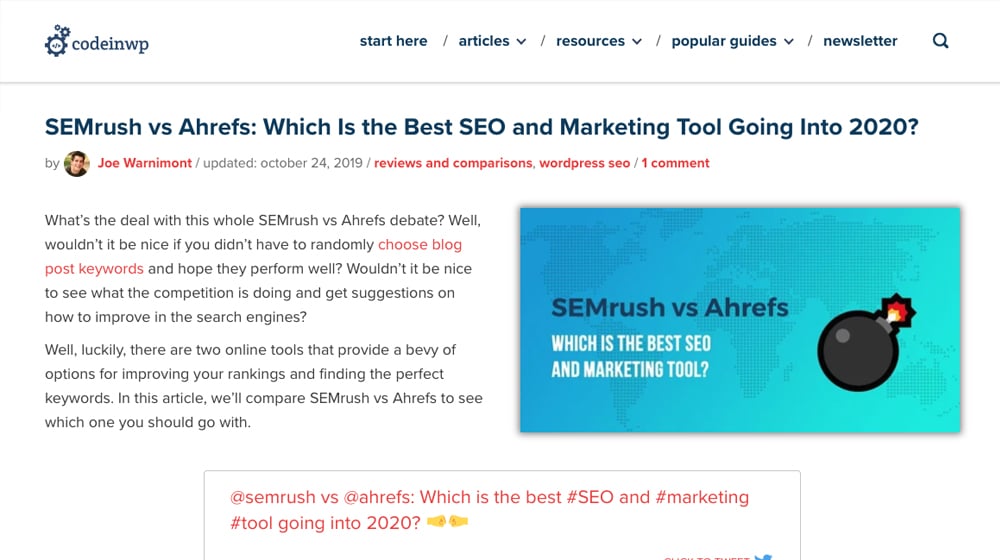
The Product Review Guide – Narrowing things down further, everyone loves a good review. Reviewing one specific product captures attention for as long as that product is relevant. If you make sure your review is unbiased – and include negative points where relevant – people will trust you to help inform their opinions. It's crucial to keep these reviews up to date as products change, as well.
The History – Encyclopedias are a relic of the past these days since Wikipedia has taken over the role, but there are still plenty of subjects that you can't quite find on Wiki. Writing a history about a subject, whether it's Google's algorithm updates, your own company, or just the evolution of your business processes, makes evergreen content. It's maybe not the highest volume topic in the world, but it's truly evergreen and will be valuable for as long as people could possibly be interested in the subject.
The Industry Influencer List – You've seen lists like the Forbes 30 under 30, right? Well, what's to stop you from making a similar list? Maybe you aren't able to develop a massive list of business owners globally, but you can certainly put together a list of the top 25 influencers in your niche. As an added bonus, you can shuffle this list around every year, and you'll eventually get people competing to find their space.
List of Common Mistakes – Taking a "negative query" and writing content on it is a time-honored marketing tradition. In this case, the "common mistakes" option is a pretty standard kind of article. Anyone coming into your niche probably wants to know what pitfalls they should avoid, and by listing out the mistakes novices make, you can help them with that avoidance.
Myths and Misconceptions – Another common kind of article in content marketing is the myths and misconceptions piece. Put together a list of 5-10 myths about your industry, then write a refutation. You can spice things up by including a few actual facts and phrasing them as myths, so you can twist the content. I say only 5-10, because that leaves room for a sequel piece.
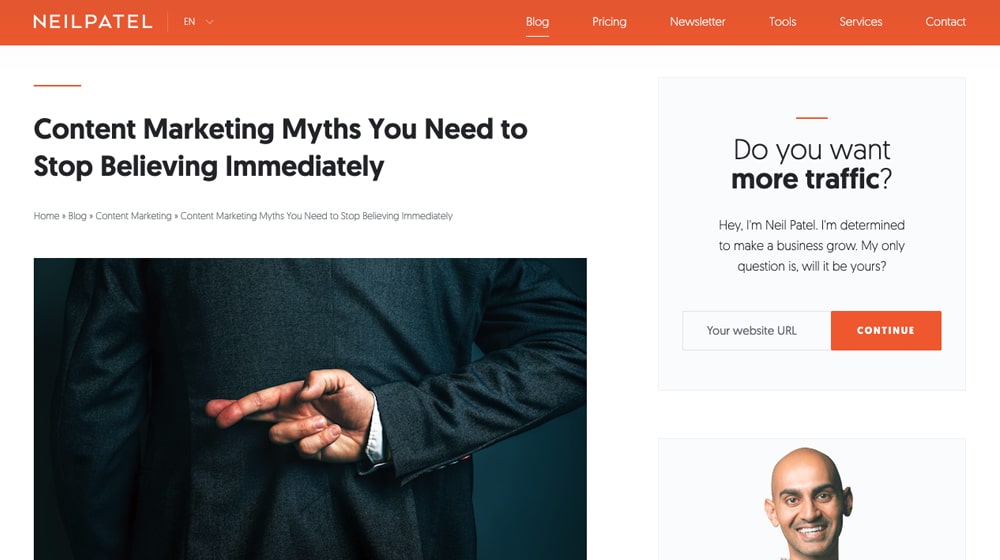
Solving Known Issues – Are there issues you confront in your daily life running your business? Of course, there are. In fact, there are probably quite a few you used to deal with but found a way to work around or solve. Think about those solved issues, then write a piece presenting the problem and your solution to it. Even if that solution is "use X product", that's still valuable for anyone who didn't even know that product existed in the first place.
Top Examples of X – Example posts are always great for instructive purposes. It's one thing to tell people how to, say, produce evergreen content, but it's quite another to showcase examples of evergreen content so they know what to model their own content after. These are especially effective if you include analysis for each one showing why it's such a great example as well.
The Ideas Guide – Sometimes you're starved for ideas, and you look for tools and articles to help you generate them. So why not produce those ideas documents yourself? Fun fact: that's basically what you're reading right now!
The Utility Checklist – A checklist is a great tool for pretty much any complex task you have to accomplish. Whether it's planning a wedding, painting miniatures, or creating a content marketing plan, having a checklist on hand helps you think of aspects of your endeavor you hadn't noticed before, and make sure your plan has a solid foundation before you begin.
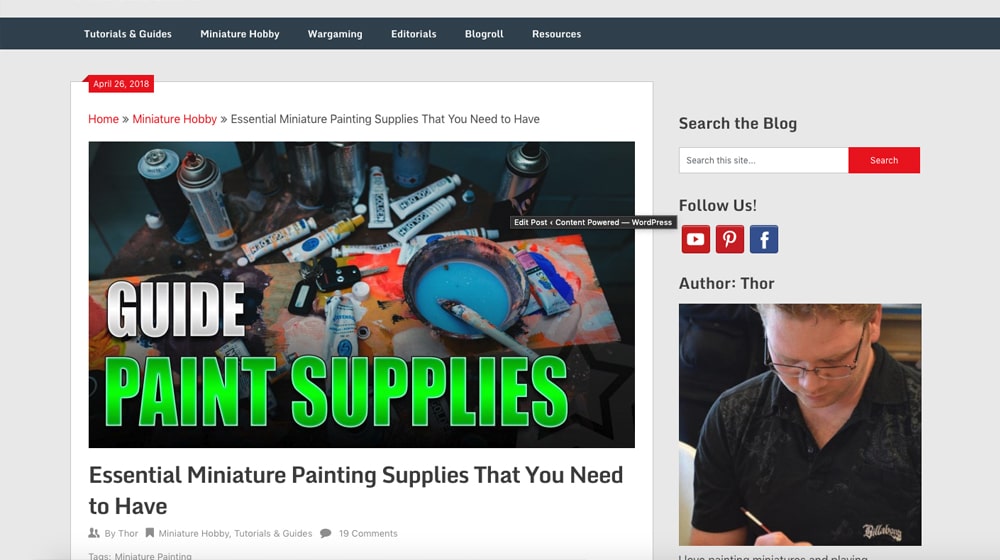
The Complete List of X – Very rarely is a "complete" list ever truly complete, and that's what makes actual complete lists so valuable. For example, the Backlinko post that was linked above is a pretty dang complete list of SEO tools, with nearly 200 on the list. More importantly, it's kept up to date, so people who are interested can be confident that the tools on the list aren't dead or abandoned.
Original Research – Every brand and every business have access to unique data, though the scale of that data isn't always super useful. Performing a study with your data, or even making use of large-scale tools to survey the industry and doing a broader-scale study, can be a great evergreen piece of content. Old studies are still good from a historical perspective, and you can repeat a study every year to show how data evolves.
Your Personal Recipes – Recipes here doesn't necessarily just refer to food. What is your recipe for success? Do you credit your time management? Your routine? Your motivation? You have a personal recipe for something, so present it in an evergreen way to help out those who follow in your footsteps.
The Book List – A list of the best books to read for a given subject is always a winner. This type of content isn't even just limited to books, either. You can list the best videos to watch on a subject, the best podcasts to listen to, the best speakers to go see, the best conferences to attend, and so on.
The Evergreen Interview – Interviews are as broad as normal content, with some evergreen and some not. The key is in the questions you ask. If you ask about a trending topic or about a new product, the interview isn't likely to last too long. If you ask more general questions, you can produce a high-quality interview that gets cited for years to come.
Your Turn
There are 25 types of evergreen content listed above, but I know that's far from all of them.
What are your favorite kinds of evergreen content? Have you produced something great and had success with it? Tell your story below!




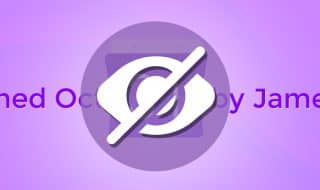

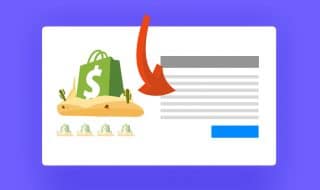



August 20, 2020
This is a good read especially to those who are planning on setting up their own blog like me. I am planning of personal and relationship blog and thinking of "Ways To" topics. Glad that I able to see this post and have a new idea on what other topics I should include.
August 20, 2020
Hey Curtis, happy it helped you!
September 14, 2020
Do you think it's a good idea to just have evergreen posts only on your blog? Or what will be the good kind of mix for it?
September 15, 2020
Hey Linda! I think a mix is a good idea - the smaller your site, the more you'll want to focus on linkbait. A brand new site might want to do 50/50 evergreen posts and linkbait posts like infographics, round-up posts, posts with downloads and templates, calculators, and other linkable resources.
A growing site site might do something like a 70/30 or a 80/20 mix. A large site might not need links at all and get enough as it is, and they can write 100% evergreen content.
I'm not a fan of time-sensitive news and social content, but everyone has their own strategy and this may work better for some businesses. Evergreen content is appealing because it delivers long-term results, so you get much more value out of your blog posts when you zoom out over a year / 3 years / 5 years / etc.
October 02, 2020
Any advice for a recipe blog to get more visitors?
October 05, 2020
Hi Mandi! My advice for any blogger is to look at everyone else who has covered the topic you're about to cover, and make sure yours is at least twice as good.
If they wrote 1,000 words, write 2,000. If they only covered a few recipes, cover a dozen. If they didn't include serving sizes, calories, macros, or any of those other details, try including those. Both search engines and people alike will gravitate towards the better / more complete article.
If it takes you twice as long, that's perfectly okay - just write half as much content. You'll start getting much better results than the other way around.
Also, content marketing takes time and hard work. Right when you're about to give up, your content will start surging. Just make sure you're not one of the people who gives up before you start to be successful!
January 11, 2021
I have tons of deciduous content and I would like to revise it and make it evergreen. Will it be possible? Or is it better if I remove it and create new content?
January 14, 2021
Hey Stephen!
It really depends on the content in question.
It's possible, but it will be a challenge to make something that is trendy and time-sensitive and turn it into something that will be valuable long-term.
What may help with your decision is if your current content isn't performing at all.
If it's not getting any traffic, not attracting links, if it has grammar issues, duplicate content issues, or if it's not indexed, deleting it is a pretty safe bet.
It sounds like you need to perform a full content audit.
We wrote a great post on that here, if you're interested:
May 03, 2021
I'm a life coach and planning to put up a blog for brand awareness. This is good stuff. I am now thinking of "how to do" articles
May 08, 2021
Awesome! Congrats on the new blog and I'm glad this helped you.
January 17, 2022
My personal favorite is "The Beginner's Guide". I find that it's always received well and definitely more stable than other articles I put out.
January 19, 2022
Hey Madeleine!
It's an old but goodie, I use it all the time too!
If everything else that is ranking is a "Beginner's Guide" though I try to get creative and think of something that'll top that. It's all about standing out 🙂